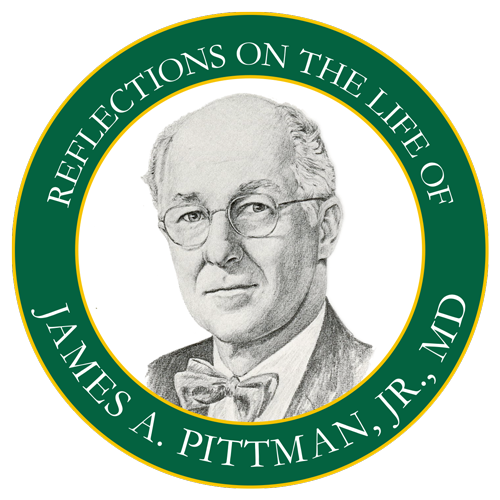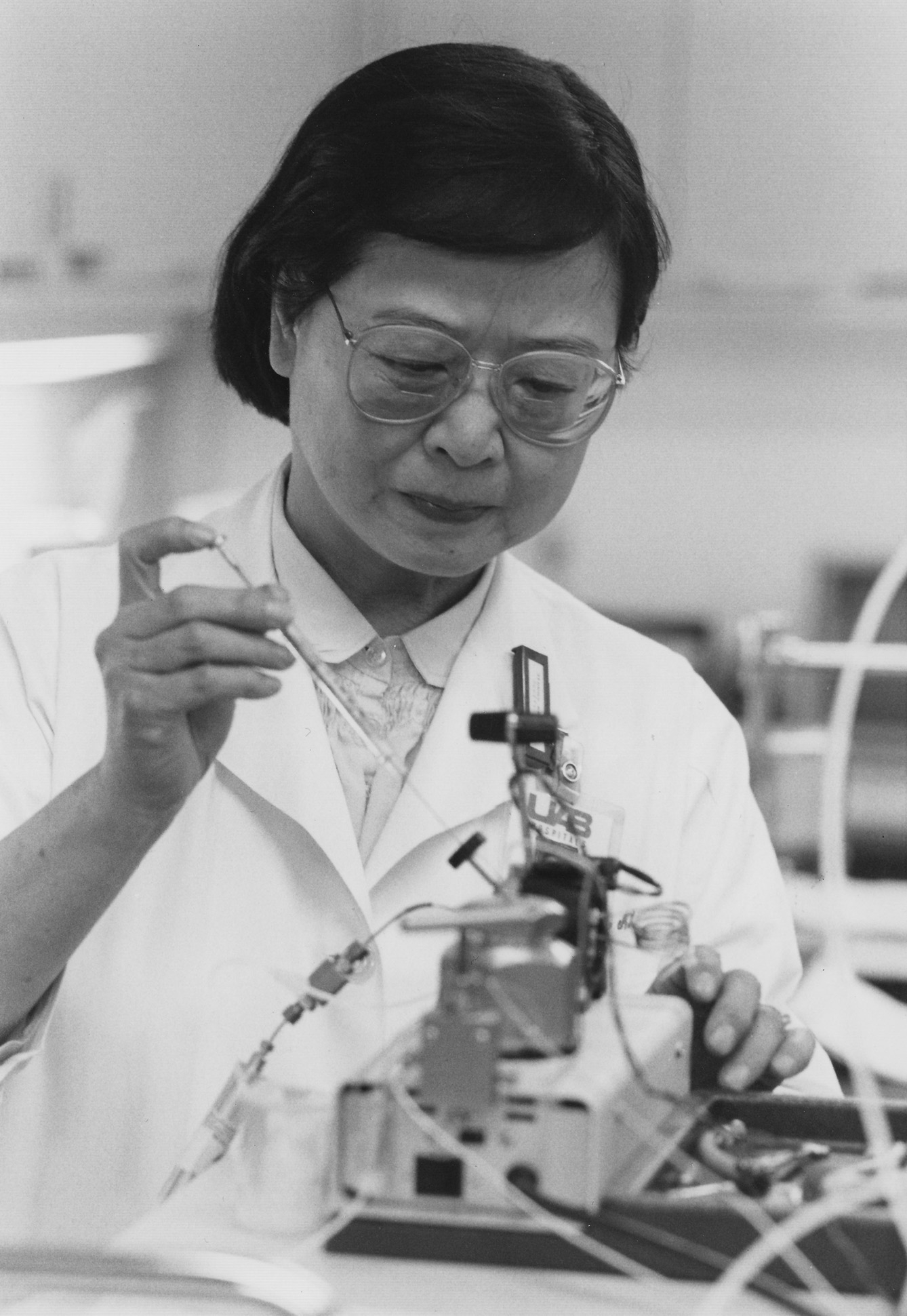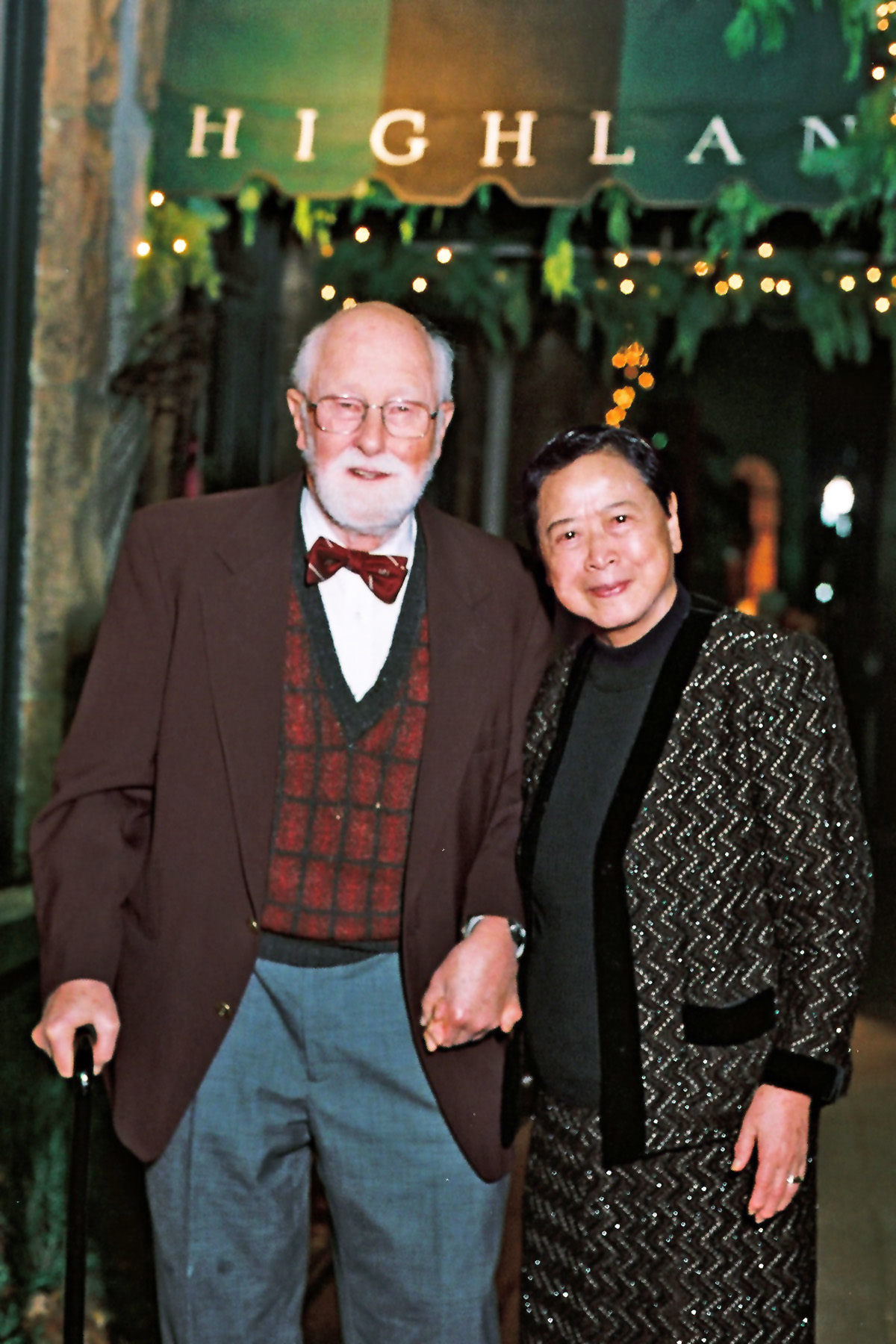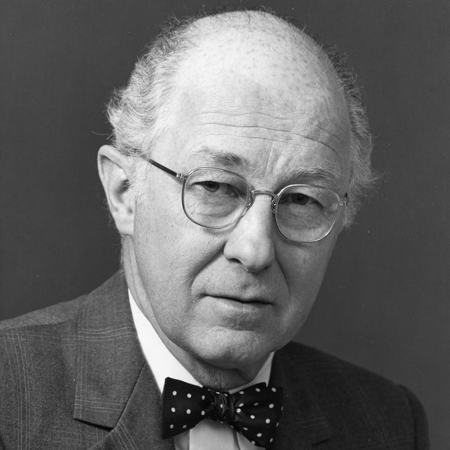 Constance Shen Pittman, MD, Professor Emeritus of Medicine at UAB, died on January 15, 2010, at age 81. An icon at UAB and in Birmingham, it can safely be said that she, along her with husband, former UAB School of Medicine Dean James A. Pittman, Jr., MD, and a handful of other visionaries, built a fledgling medical school into the academic powerhouse that is now UAB. As such, they changed not only the medical landscape of their city, state, and region, but also the physical landscape of their community.
Constance Shen Pittman, MD, Professor Emeritus of Medicine at UAB, died on January 15, 2010, at age 81. An icon at UAB and in Birmingham, it can safely be said that she, along her with husband, former UAB School of Medicine Dean James A. Pittman, Jr., MD, and a handful of other visionaries, built a fledgling medical school into the academic powerhouse that is now UAB. As such, they changed not only the medical landscape of their city, state, and region, but also the physical landscape of their community.
Dr. Pittman was a “triple threat,” a breed rarely seen any more.

On the research front, Dr. Pittman’s passion related to thyroid physiology and pathophysiology. She was a funded investigator for more than 30 years, contributing greatly to our knowledge of thyroid hormone biosynthesis and metabolism as the author of nearly 70 full-length manuscripts on basic and clinical thyroidology and endocrinology.
 The peculiar roles of iodine in thyroid biochemistry and function particularly fascinated Dr. Pittman. In this regard, her career took a unique turn. For most in investigative academic medicine, it is unusual that a basic research passion turns into a public health calling. However, Dr. Pittman made just this transition. She realized that iodine deficiency wrought terrible consequences worldwide for many, including regions of her native China. For children. The inability to make adequate thyroid hormone can be particularly devastating with mental retardation and other problems.
The peculiar roles of iodine in thyroid biochemistry and function particularly fascinated Dr. Pittman. In this regard, her career took a unique turn. For most in investigative academic medicine, it is unusual that a basic research passion turns into a public health calling. However, Dr. Pittman made just this transition. She realized that iodine deficiency wrought terrible consequences worldwide for many, including regions of her native China. For children. The inability to make adequate thyroid hormone can be particularly devastating with mental retardation and other problems.
For the last two decades of her life, Dr. Pittman took it on herself to work with Kiwanis International and UNICEF toward eradication of iodine deficiency worldwide. She used her considerable talent for persuasion to make a huge difference in this arena. For her work in promoting iodization of salt and other strategies to attack iodine deficiency, Dr. Pittman received the Andrew Gerow Hodges Service Award from the Kiwanis Club of Birmingham in 2005. It is rare that the same physician-scientist can influence investigative thought, touch lives one-at-a-time as a healer, and have global public health impact by virtue of service. Dr. Pittman was that rare individual.
Finally, I want to share some personal thoughts on Dr. Pittman’s kindness. Five months after I first joined the UAB faculty in 1991, my wife and I welcomed our second son. Although I was barely known by the faculty in my division, both Pittmans made my wife and me feel right at home with a very special baby gift. Words and actions matter; and kindness matters a lot. When I became division director, there again was Dr. Pittman, supporting me and asking how she could help me in my new responsibilities.
Dr. Connie Pittman made a difference- scientifically, as a physician, and as a friend and colleague. We at UAB and in the endocrinology community locally and worldwide miss her greatly.
 Stuart J. Frank, MD, the Ruth Lawson Hanson Endowed Chair of Medicine in Diabetes and Metabolism, is Director of the UAB Division of Endocrinology, Diabetes, and Metabolism and Vice Chair for Research of the Department of Medicine. He received the MD degree from Harvard Medical School, followed by internship and internal medicine residency at Washington University in St. Louis and an endocrinology fellowship at the National Institute of Child Health and Human Development in Bethesda, Md.
Stuart J. Frank, MD, the Ruth Lawson Hanson Endowed Chair of Medicine in Diabetes and Metabolism, is Director of the UAB Division of Endocrinology, Diabetes, and Metabolism and Vice Chair for Research of the Department of Medicine. He received the MD degree from Harvard Medical School, followed by internship and internal medicine residency at Washington University in St. Louis and an endocrinology fellowship at the National Institute of Child Health and Human Development in Bethesda, Md.